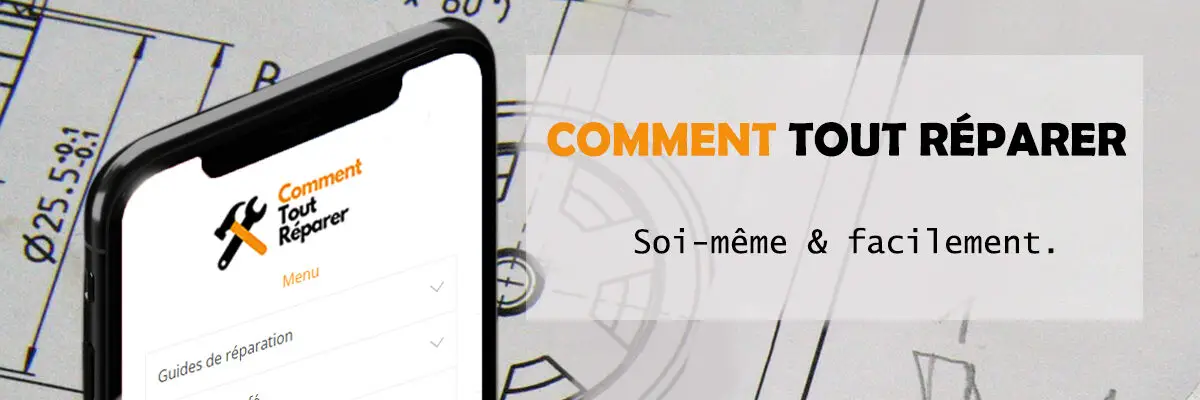Last update September 3rd, 2022
Do you have hard water and are you looking for a water softener to protect your pipes and appliances and get rid of all the whitish streaks in your showers, sinks and washbasins? If you don’t know the features and benefits of a water softener, read our article here.
If you have decided to buy a water softener, you may be hesitating between a model with or without electricity? Whether it’s for practical reasons (no electricity supply), economic or ecological reasons, it’s worth looking into water softener models that work without electricity. We tell you all about it!
Water softeners without electricity: how does it work?
The salt and resin water softener removes limescale from water by exchanging calcium ions (those in the water and responsible for limescale formation) for sodium ions present in cationic resins charged with sodium. When the resin is saturated with lime, it must be regenerated.
The resin regeneration cycle is either based on a given period of time (every xx weeks) or on the volume of water consumed.
Among the resin softeners with salt regeneration, there are models that work:
- With electricity: the current allows to activate the electric valve at a precise time or for a determined volume in order to proceed to the regeneration.
- Without electricity, it works with the water pressure which makes it pass through a filter which retains the ions which will form the scale: a volumetric water meter automatically launches the regeneration for a given volume of water.
Water softeners without electricity: advantages and disadvantages
The main advantage of a water softener without electricity? It can be installed anywhere without the need for electrical connections. You save money because it does not consume electricity and it is functional in case of power failure. Not to mention that you also make an ecological gesture by reducing your electricity consumption.
Another advantage is that it is less likely to break down as it has no on-board electronics.
The models of softeners without electricity are rather compact and can be placed anywhere in the house without too many constraints. The only consumable is the salt that allows the regeneration of the resin.
To operate a water softener without electricity, the network pressure must be at least 3.5 bars. The regeneration is done for a given volume and not at a fixed time as for the models with electricity. It can therefore fall at an inconvenient time of the day if you need it.


